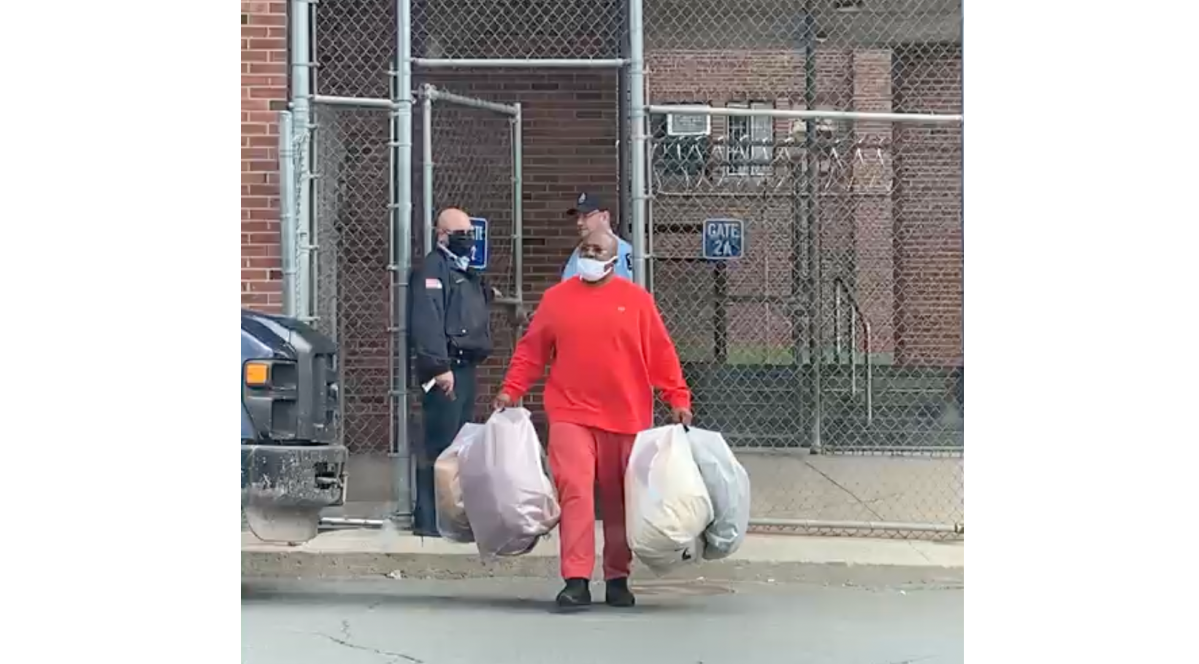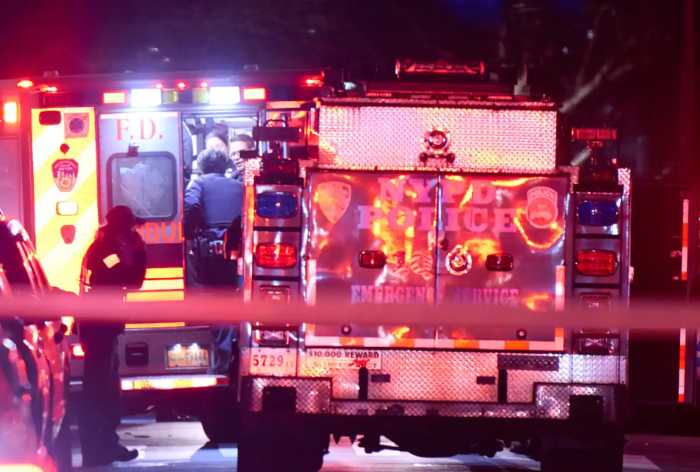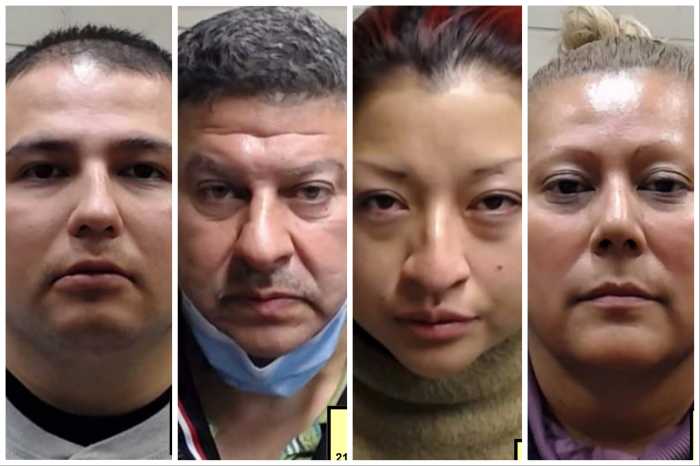With his harrowing 26-year odyssey through the New York criminal justice system now behind him, Chad Breland was home with his family in Far Rockaway after spending more than half his life behind bars for crimes he did not commit.
Breland was released from prison Friday, Oct. 15, after Queens District Attorney Melinda Katz filed a joint motion with the defense to vacate his conviction and 15-year sentence in a 1995 armed home invasion.
Queens Supreme Court Justice Michelle Johnson granted the motion and dismissed the indictment “at the People’s request,” and hours later, Breland walked out of prison a free man.
The motion cited newly discovered evidence uncovered by the DA’s Conviction Integrity Unit (CIU) that both implicates another man in the crime and undermines the identifications relied on at trial to convict Breland.
The CIU’s investigation stemmed from the discovery of an April 2000 fingerprint report connecting another man to the crime scene. Other evidence developed in the CIU’s investigation further implicated the man, and not Breland, to the crime.
Although the April 2000 fingerprint report was forwarded to the 101st Precinct in Far Rockaway and other NYPD officials at the time, the Queens district attorney’s office was never notified of the fingerprint identification.
The Conviction Integrity Unit has now vacated nine convictions since it was formed by Katz after she took office in 2020.
“The discovery of new forensic evidence has raised serious questions about the conviction of Mr. Breland more than two decades ago,” Katz said. “The fingerprint report at issue did not exist at the time of Mr. Breland’s trial and was never forwarded to the district attorney’s office. In light of the new evidence, justice requires vacating Breland’s conviction. Our office has also taken steps to ensure that, in the future, similar fingerprint evidence developed by the NYPD Latent Print Section after a case is closed is forwarded to our office in a timely manner.”
At a consolidated trial in September 1997, Breland was also convicted of a second robbery under a separate indictment number. He was sentenced to a consecutive 15-year term for the second robbery under that indictment which is not the subject of the joint motion. The CIU also determined that Breland’s alibi was supported by the mother of his children and another witness, neither of whom were called by the defense of his trial, and that the fingerprints found at the crime scene belonged to the same confidential informer who implicated Breland to investigators from the 101st Precinct. The snitch had been indicted for a serious felony at the time he implicated Breland, and he was under pressure “to produce results,” according to court documents.
Because Breland has completed his 15-year term on the remaining indictment, he was released from prison Friday from the Woodbourne Correctional Facility in upstate Sullivan County, according to his attorney Justin Bonus, who picked up Breland’s case in 2016.
“While we commend the actions of Melinda Katz and the Conviction Integrity Unit for the work they have done in Chad’s case, this is a prime example of how the unchecked discretion of the police leads to a wrongful conviction,” Bonus said. “Here, there was no oversight with regard to the NYPD’s use of a confidential informant, who framed Chad Breland. Once the police had Mr. Breland’s name, which was supplied by the informant, they immediately arrested and continued on with the case even after the fingerprints found at the scene eliminated Chad. Ultimately, those fingerprints were found to be a match to the informant.”
Bonus added that his client had studied law during his incarceration and will now work to help win the release of other individuals who have been wrongly convicted of crimes they did not commit.



































